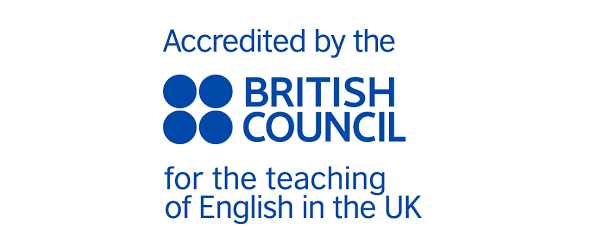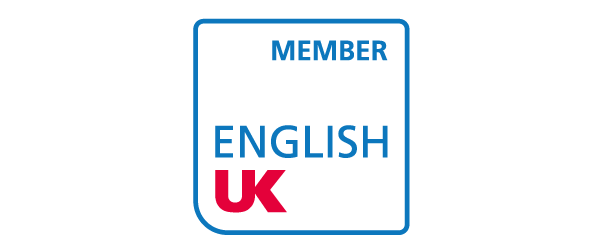|
Reducing the environmental impact of travelling to NILEAt NILE we care about our environmental impact. As a business that depends on global travel for our face-to-face courses, we are keen to minimise our CO2 footprint through careful consideration of more environmentally friendly modes of transport. That’s why, in Autumn 2022, we were extremely impressed to discover that a group of 22 students and their two group leaders travelled from Switzerland to Norwich for their NILE course by train - without a single air mile between them!
As NILE’s Green Representative, I interviewed the group leader, Martin Hefti, and a handful of his students, to find out about their travel experience and the motivations behind their decision, and to find out whether train travel to a NILE face-to-face course is a practical, affordable and enjoyable alternative to flying. Q: What did the journey consist of and how long did it take?The journey involved catching a TGV high-speed train from Zurich to Paris, crossing Paris by Metro to change stations, and a Eurostar from Paris to London. The group were then met by a NILE staff member and taken back to Norwich by coach. All in all, the journey from Zurich to Norwich was “relatively straightforward” and took around 13 hours. Q: What were your motivations for opting for land- over air-travel?As expected, both Martin and his students cited ecological reasons as being their main motivation, knowing that they could shrink their carbon footprint considerably by steering clear of flying. Indeed, according to the UK Department for Business, Energy and Industrial Strategy, the Eurostar uses 6g carbon dioxide per passenger kilometre, compared with 156g for short haul flights, cutting each individual’s carbon usage by 96%. Q: How much did it cost?Testament to his strong conviction, Martin admitted to having not compared the cost of train versus flight tickets, but a quick online search reveals train tickets as being around £40 (20%) more expensive compared to a flight with luggage in this instance.
Martin, along with many others, believes that we should reframe our expectations of travel costs in a way that reflects the damage to our planet. Short of government taxation doing that for us, our only alternative is to override the natural instinct to choose cheaper, and choose better. “It’s a really good and simple way of protecting the environment,” one student states, “and it’s our responsibility to.” Q: What would make international train travel easier and more appealing?
Firstly, a centralised booking system which enables separate legs of international journeys to be booked together. This, in comparison to the current TGV and Eurostar websites with different booking windows (6 months in advance and 9 months in advance respectively), would make planning and purchasing tickets much simpler. Reliable train connections. Of course there are always threats of cancellations and delays for flights too, but until improvements to rail networks are realised, it will always be down to the traveller to plan wisely. For example, Martin was glad to have factored in 3 hours of changeover time between the two Paris stations when the group’s first train out of Zurich was cancelled, reducing their changeover time to just 1 hour. (Dont worry, they made it to the Eurostar in time - phew!) Q: What did you enjoy about your train travel experience?The journey itself with their classmates was convivial and easy-going. One student described it as “quality time”, with everyone able to “sit together and talk”, a luxury not afforded in the same way on a plane. Another student noted the “gradual” transition through countries as being “a really nice way to get into the feeling of being abroad.” Martin further reasoned that there weren’t the same stringent luggage restrictions on the number or weight of items as on a plane, so it was ideal for the unscrupulous packers, and for those who wanted to do souvenir shopping whilst in Norwich. Plus you don’t run the risk of airlines losing your luggage! In conclusion, we were delighted to hear first-hand about all the positive aspects of trading a boarding pass for a train ticket. We at NILE hope that the experience of this group will encourage future course participants to do the same with a view to minimising the environmental impacts of NILE face-to-face courses.
Find out about how NILE is supporting a local sustainable project, The Papillon Project Contact Miriam Anderson, NILE’s Green representative and Student Support Officer, miriam@nile-elt.com |





